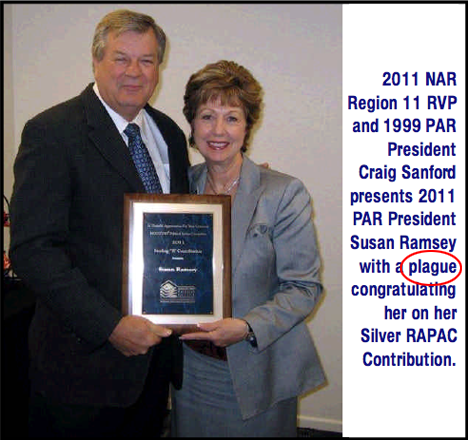From the Associated Press:
The Obama administration may turn thousands of government-owned foreclosures into rental properties to help boost falling home prices.
The Federal Housing Finance Agency said Wednesday it is seeking input from investors on how to rent roughly 250,000 homes owned by government-controlled mortgage companies Fannie Mae and Freddie Mac and the Federal Housing Administration. All of the homes are foreclosures.
The U.S. government rescued the two mortgage giants in September 2008 and has funded them since the financial crisis. Fannie and Freddie own or guarantee about half of the nation’s mortgages and nearly all new mortgages.
Converting the homes into rentals may reduce “credit losses and help stabilize neighborhoods and home values,” said Edward DeMarco, acting director of the Federal Housing Finance Agency, which oversees Fannie and Freddie.
Fannie and Freddie have been hoarding foreclosure inventory in Phoenix for months. Now I know why. Witness:
It also might meet the growing demand for rentals.
So would selling them, except then they would be owned and managed by people who are working for profit, not political functionaries.
But wait. There’s more:
Private investors could also be allowed to oversee the conversions.
That is to say, all the best Fed-friendly butt-buddies will be cut in on the graft.
And you thought the Federal government could not screw the housing market up any worse…


